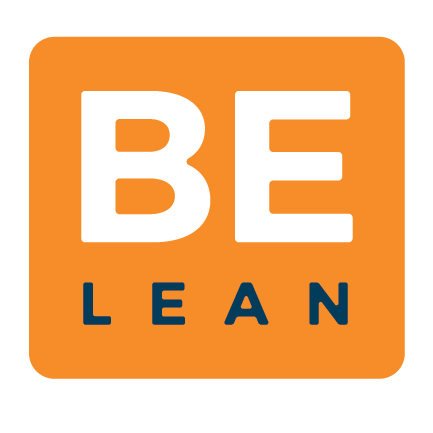I turned down a $60k paycheck
It was one of the best decisions I ever made.
Picture this. I had just graduated from the University of Maryland magna cum laude with a degree in Mechanical Engineering. But instead of following the expected path of working at a big fancy engineering firm, I became employee #2 at a startup energy auditing company running out of the back room of a house in the suburbs.
In my free time, I worked on a bike sharing business I had started with some friends. And oh yeah, I was living in my parents basement.
I was living my entrepreneurship fantasy.
There was just one problem. I wasn’t making any money.
After a couple of years of sporadic paychecks, my parents started nagging me to get a “real job.” But there were too many exciting things happening that I didn’t want to turn my back on.
We had just created a software product that helped us drastically cut down the amount of time we spent on our energy audits. It allowed us to collect data digitally in the field and then automatically generate reports with the click of a button. It turned out other contractors in the industry faced the same problem too, and there was real potential to license the software to them.
There was just one problem. We didn’t have much money. (Are you sensing a theme here?)
So I did what any twenty-something aspiring entrepreneur would do. I agreed to work for our newly created software company for sweat equity instead of pay. After all, I was still in mom and dad’s basement and the opportunity to have an ownership stake in a tech company was beyond exciting.
Except it didn’t work out the way we planned. We were too early in a volatile market, and our bank account drained chasing an ever-changing set of industry standards. We had no choice but to abandon our software ambitions and pivot back to contracting services.
And that’s where the $60k paycheck comes in.
Because when the contracting company acquired the software company, I had a choice to make. Do I cash out my equity and take home a big fat paycheck for the year I had worked without pay? Or do I roll over the equity into the less sexy contracting business whose future was far from certain?
What would you do?
I chose to stay invested.
Let me tell you, this was one of the hardest decisions I’ve ever had to make. It felt at the time like I was putting all my chips on an already losing hand.
In reality, it was an investment in my future, and turned out to be one of the best decisions I ever made.
Here’s the thing. Growth requires investment.
Businesses. People. Relationships. If you want it to grow, you’ve got to put something into it.
When I kept my $60k of equity in the business, it wasn’t only a financial investment into the business. That choice was an investment of my dedication to the company and trust in the ownership team.
And that fidelity was paid back in multiples when in return, a few years later, they asked me to become the Chief Operating Officer of the company.
Had I made a different decision and chosen to take the check, there’s no doubt in my mind that I wouldn’t have been given that opportunity. And without the experience of being a COO, I never would have started BE Lean.
We all make decisions throughout our lives. Sometimes they’re trivial. Other times they’re life changing.
This was one of those life changing ones for me. Not only because it directly led to where I am today, but because it taught me an important lesson that I carry on today in the work that I do with my clients.
It taught me the value of investing.
Our #1 job as business owners is deciding where and how to invest the resources we have. Underinvestment leads to stagnation. Overinvestment drains your resources. But smart and strategic investments in the right places can yield unimaginable returns.
That’s my #1 job as a Scalability Consultant. To help my clients find the places in their business they can invest their resources to have the biggest impact on their growth.
Because growth requires investment.
If you’re ready to invest in your growth and want the operational infrastructure to support it, please reach out. I’d love to help.
